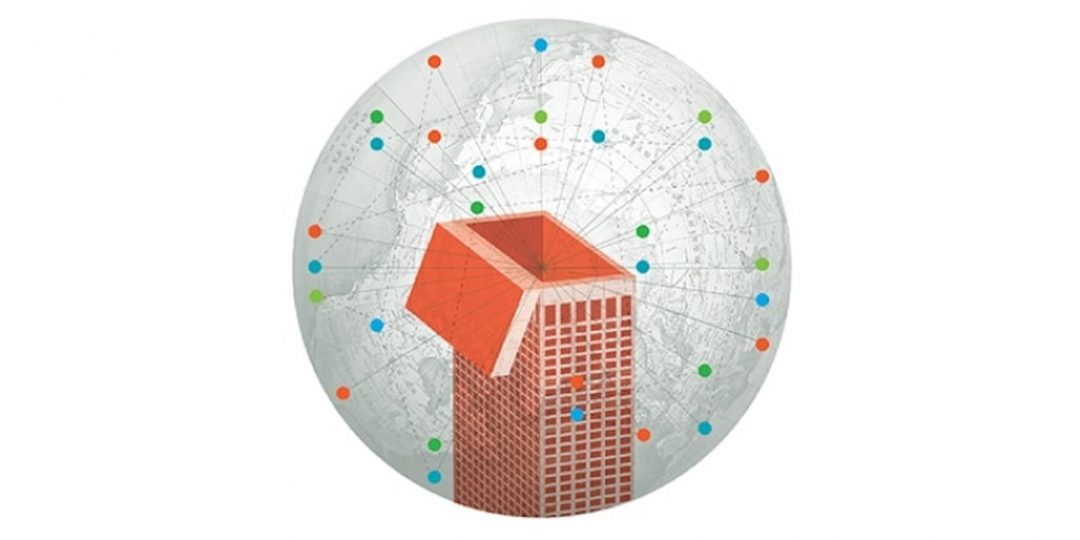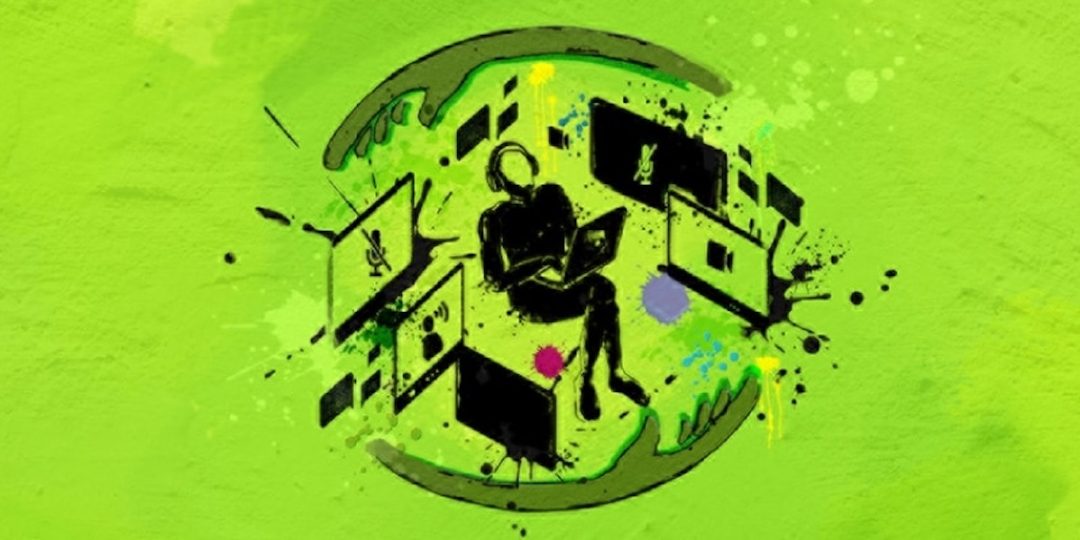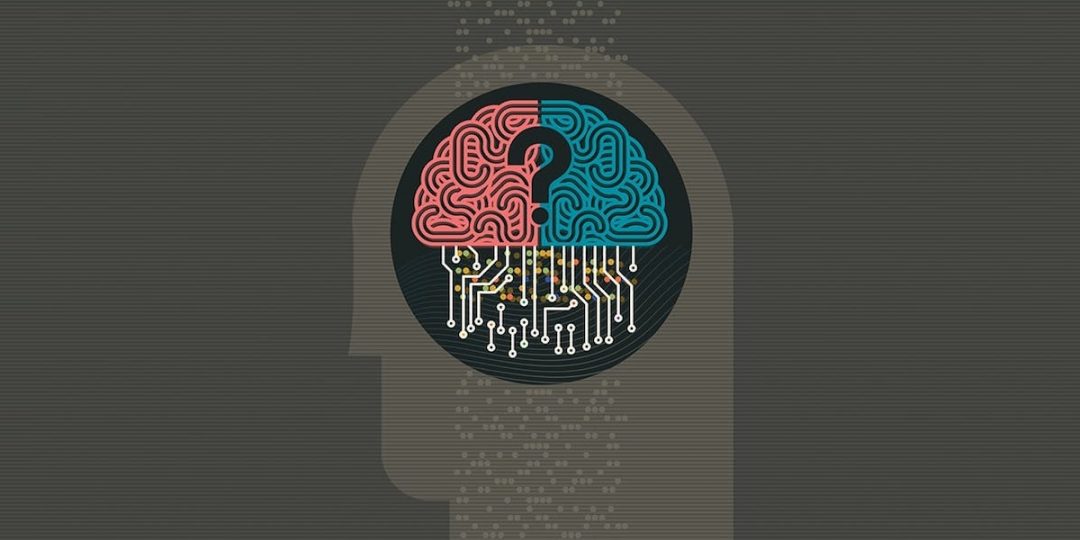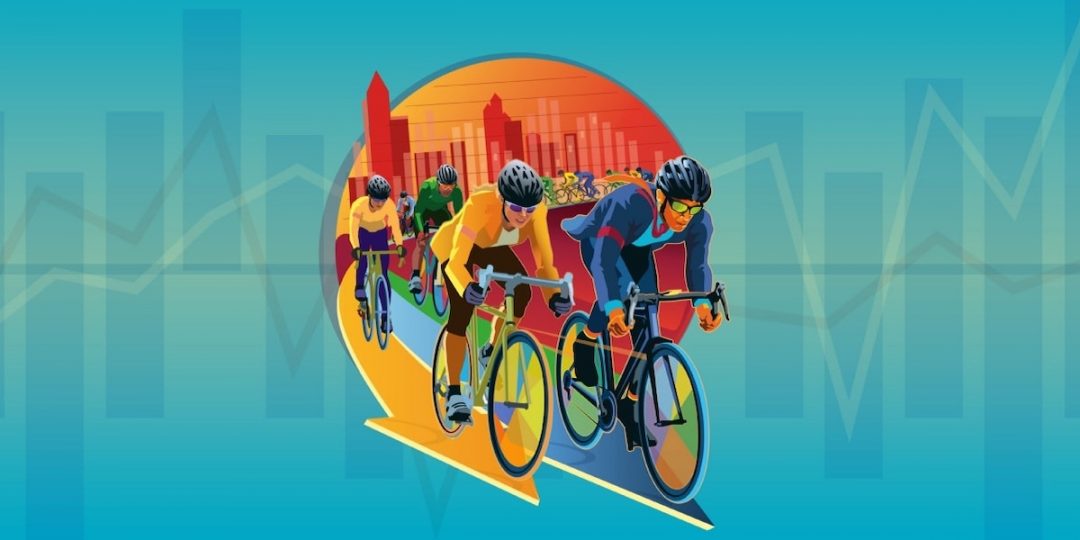We have a new essay published by Deloitte Insights, Setting the stage for creative performance.> This essay is the follow-on to Unshackling the creative business from a couple of months ago.
Continue readingCategory: Centre for the Edge
Reconstructing the workplace
We have a new essay published on Deloitte Insights, Reconstructing the workplace: The digital-ready organisation. The essay follows on from The digital-ready workplace from last month. (We do seem to be publishing at a surprising rate at the moment.)
Continue readingThe digital-ready workplace
We have a new essay published in Deloitte Insights, The digital-ready workplace: Supercharging digital teams in the future of work, a collaboration with Rosemary Stockdale from Griffith Business School and Tim Patston from UniSA STEM at the University of South Australia.
Most (if not all) research groups have done a survey on the affect working from home has had—this is ours, though it’s ended up in a different place. We start by trying to understand the relative merits of a push or pull approach to support workers during the transition, where push is the usual “give them the tools and training we think they’ll need” while pull is empower and support workers in finding their own tools. Generally, a push approach works well when the challenge is understood beforehand, while a pull approach is better when the challenge is not well understood as it enables workers to adapt. We’d heard anecdotal stories that firms had taken different approaches, and we were wondering how the relative benefits and problems stacked up. What we discovered, once the data started coming in, was that we were asking the wrong question.
Continue readingUnshackling the creative business
We have a new essay published in Deloitte Insights, Unshackling the creative business: Breaking the tradeoff between creativity and efficiency. Creativity is seen as an import capability for an organisation to be successful in today’s volatile, uncertain, complex and ambiguous (VUCA) world. Significant effort has been invested in fostering creativity in business, effort which sadly is often wasted. This essay looks at why this might be the case and what we can do about it.
Continue readingThe transition to working from home
Centre for the Edge is collaborating with Griffith University and Geelong Grammar School to try and understand why some organisations made a successful transition to working from home at the start of the pandemic, and why others were not so successful. What was more influential:
- to be prepared by ensuring that workers and teams have a suitable suite of digital tools and training, or
- to empower workers and teams to find and adapt digital tools to their changing needs, pulling in tools and training as needed.
The work will be based on a survey that the Deloitte Dtermine team have kindly put together. It would be greatly appreciated if you could complete the survey, and share the link with contacts both in or outside Deloitte. The survey is public and anyone is welcome to submit a response. The more responses the better!
We’d greatly appreciate it if you would complete the survey, and recommend it to your friends and colleagues.
The report presenting the results is scheduled for publication early 2021 via Deloitte Insights. There will be a virtual launch event which we’ll announce on the mailing list.
Continue readingA moral license for AI
We have a new essay published in Deloitte Insights, A moral license for AI: Ethics as a dialogue between firms and communities. This collaboration with CSIRO’s Data61 looks into the challenge of creating ethical AI, picking apart the problems and proposing a way forward. There’s a launch event on the 2nd of September, 2020, which you can register for via Zoom.
Continue readingBuilding the peloton
We have a new essay published in Deloitte Insights, Building the peloton: High performance team-building in the future of work. Jess Watson is the lead author of a report that looks into how we need to think a bit differently about teams, team work and leadership as the drive to create more agile organisations breaks down established organisation structures.
The report uses the analogy of a cycling peloton—the team-of-teams that competes and cooperates in a road cycling race—to integrate current research on team formation and operation in a world where firms function as a team-of-teams.
Continue readingInnovating your way out of the crisis
We have a new blog post up on the Deloitte blog, Innovating our way out of the crisis.
In the past few weeks we’ve written about need for management to get out of the bunker mentality that uncertainty and a rapidly unfolding crisis had pushed us into, and how we have a perfect storm for innovation with demand collapsing for the old thing while new demand is popping up as we adapt, and the government is (effectively) subsidising innovation by providing unsecured loans and underwriting payroll (via JobKeeper). Put these together and you have the potential for (some) firms to emerge from the crisis stronger and more capable than they went in. New winners and losers will be created, and so on. That leaves one question unanswered: Where should a firm look for these new opportunities?
Now we’ve had a go at creating an innovation mud map to help find where a firm might innovate. Our hope is for this to be a conversation starter inside firms.
Published on the Deloitte Risk Advisory blog as Innovating our way out of the crisis.
Continue readingThe government is paying you to innovate
We have a new blog post up on the Deloitte blog, The government is paying you to innovate. The post points out that, due to a number of factors, now might be the perfect time to innovate.
There is a few reasons for this.
First is that we seem to have a perfect storm for innovation. The pandemic means that doing the old thing is not an option for many firms, with many of us stuck at home and the government restricting how businesses operate. At the same time, new demand is appearing and we all learn how to live in the new normal.
Second, and as we pointed out in Getting out of the crisis, the business environment post shutdown is unlikely to be the same as pre shutdown. The best way to prepare is to experiment now, to learn how consumer behaviour is changing, and start building the assets and services that will you’ll use in the new normal.
Third, and finally, the government is providing unsecured loans and is even willing to underwrite payroll. The government is effectively paying you to innovate.
There’s already early evidence that firms who are experimenting and adapting will emerge from this shutdown more efficient and effective than they went in. Now would appear to be the perfect time to innovate.
Published on the Deloitte Innovation blog, 20th of May 2020, as The government is paying you to innovate.
Continue readingGetting out of the crisis: Learning now for the future
We have a new blog posts up on the Deloitte C19 blog, Getting out of the crisis. the post makes the point that:
The middle of a crisis might not seem to be the best time to think about the longer term. It can be important though, once immediate problems are dealt with, for management teams to consider how their firm will trade its way out of the crisis, rather than just reacting to events as they unfold.
The common assumption of a “V”-shaped economic contraction is unlikely to be true as when restrictions are lifted they’re likely to be lifted incrementally. The more a firm can do to innovation and keep the business running—rather than putting it into hibernation—the more likely the firm is to emerge from the other side. This means that:
An optimist would consider this a great time for experiment, to look for new opportunities, to find new ways to do old things, and to find new things to do.
You can find the post on the Deloitte C19 blog.
Continue reading





